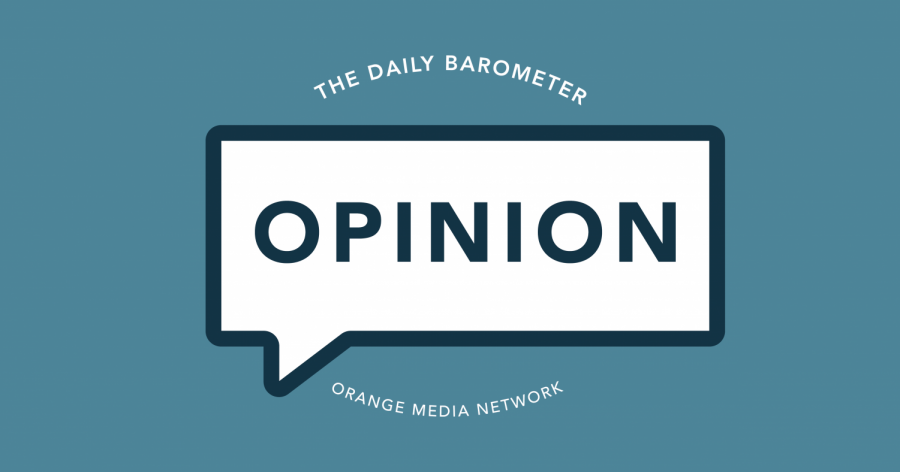Nelson: American dream is dead
February 11, 2019
The stereotype of America is generally associated with notions like democracy, freedom and equality, but if that is the case, it is counterintuitive that our country puts so little value into the education system. Afterall, this system is one of the most important ones we have in maintaining our democracy, and according to Andrew Valls, a professor of political science at Oregon State University, education plays an important role in providing equal opportunity.
“Without equal and adequate public education, the education that a given child would receive would depend heavily on his or her parents’ ability to pay for it,” Valls said. “This in turn would reproduce social hierarchy over generations, and keep many of those born among the less well off at a significant disadvantage.”
In the United States, it is likely that you have heard some variation of the American dream, an idea that someone can start with nothing, and through hard work, rise up
to become successful.
As idyllic as this notion is, it is statistically false. Chances are, if someone is born into any given socioeconomic class, they are probably going to stay in that class.
According to the 2012 Pew Economic Mobility Project study, around 40 percent of the population will remain in the socioeconomic class they were born into. Thirty-seven percent of the richest in the country will fall below the national average income level, while 8 percent of the richest will fall to the lowest socioeconomic class.
If the American dream is alive and well, we should expect the nation’s poorest to be able to move up more than the richest move down, so it is an issue when only 4 percent of the poorest Americans actually manage to enter into the highest socioeconomic class.
It is twice as likely for the richest 20 percent to become impoverished, than it is for the poorest 20 percent to become rich. The American dream is, statistically speaking, dead.
I would argue that our massively flawed education system has a lot to do with it.
Jonathan Kaplan, professor of philosophy at OSU, said that by educating the public, it is possible to broaden their horizons and open up new doors of lifelong possibilities.
“A reasonable goal of liberal democratic societies is to permit people to lead the kinds of flourishing lives that they wish to lead; education is a key way in which people learn more about the world, more about the options available and develop the skills necessary to pursue the kinds of lives that they desire,” Kaplan said.
Kaplan goes on to say that this would suggest the need for a far more expansive public education system that gives everyone, regardless of the circumstances of their birth, access to equal education.
An issue that Kaplan brought up is private education. With private education, those who are already starting their lives far wealthier have a clear advantage over everyone else. If someone is born rich and sends their children to a private school or a heavily funded public school in a wealthy district, that child is receiving a superior education based solely on their parents income level.
Kaplan is opposed to private education because he said it creates unfair advantages and furthers inequality. He is a supporter of increasing the funding of public education so that every child can start their life with a more even and equal playing field.
Kaplan said that private education is related to the competitive nature of the parents, in that is possible that wealthy parents do not want equal education for all children, because it would decrease the privilege of their own children, and therefore decrease their children’s chances at remaining on top.
“They just don’t seem to care much if other people’s children are well-educated; worse, perhaps part of it is that they don’t want their children having to compete with a broader array of children, and so are actively against any system that would improve the educational prospects of most American children,” Kaplan said.
There are people who benefit from an uneducated population, and it is possible that they are fighting for it, according to Kaplan. If a political party can gain more votes among an uneducated public, they would stand to gain substantial power by defunding education.
“Any system that would prefer that people not consider the particular roles we play in society, and not consider what other ways of living might be valuable, would tend to be against such education.” Kaplan said.
The men and women who dedicate their lives to preserving democracy by personally shaping the lives of American youth need to be valued more.
“Our public K-12 teachers are for the most part wildly underpaid (and overworked); our system of distributing resources to primary and secondary schools is appalling,” Kaplan said.
This isn’t rocket science. The students of today are the workers, the bosses, and the voters of tomorrow.
If children truly are the future, an investment into education is an investment into the wellbeing and the preservation of democracies across the planet.











































































































